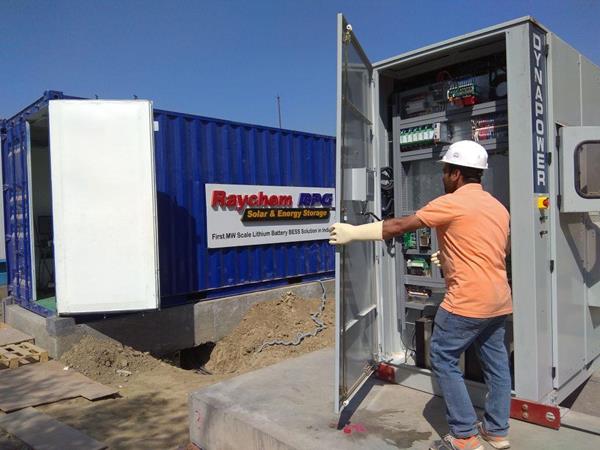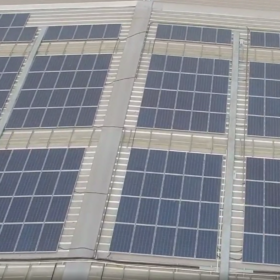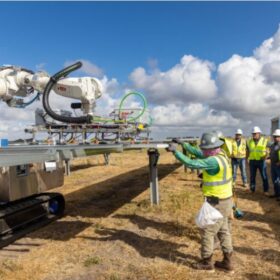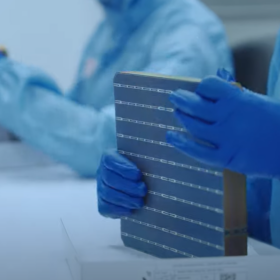India’s Department of Science & Technology and the European Commission’s Innovation and Networks Executive Agency have issued a joint call for proposals that aims at smartly integrating large amounts of renewable energy in local energy systems in Europe and/or India and in this way make energy supply cleaner, more efficient and affordable.
The proposals should develop and demonstrate novel solutions, integrating all energy vectors (electricity, heating, cooling, water and wastes), including possibilities offered by batteries and electric vehicles; interconnect them; and optimize joint operation with increased share of renewables and a higher energy efficiency.
Proposals should present a preliminary analysis of the local case as part of the content of the proposal and propose to develop solutions and tools for the optimisation of the local energy network that also have a high replication potential across Europe and India.
Local consumers, small to medium industrial production facilities and/or commercial buildings should be involved in the projects from the start, preferably by creating renewable energy communities.
Funding
The total available budget is approximately 18 million euros, with the EC committing 9 million euros for applicants from European countries and the DST contributing another 9 million euros (equivalent in Rupees) for Indian applicants.
Up to three projects shall be selected and funded by both the sides.
Timelines
The proposals can be submitted till September 1, 2020. Results shall be declared by early December. Project duration should not exceed 42 months.
This content is protected by copyright and may not be reused. If you want to cooperate with us and would like to reuse some of our content, please contact: editors@pv-magazine.com.









By submitting this form you agree to pv magazine using your data for the purposes of publishing your comment.
Your personal data will only be disclosed or otherwise transmitted to third parties for the purposes of spam filtering or if this is necessary for technical maintenance of the website. Any other transfer to third parties will not take place unless this is justified on the basis of applicable data protection regulations or if pv magazine is legally obliged to do so.
You may revoke this consent at any time with effect for the future, in which case your personal data will be deleted immediately. Otherwise, your data will be deleted if pv magazine has processed your request or the purpose of data storage is fulfilled.
Further information on data privacy can be found in our Data Protection Policy.